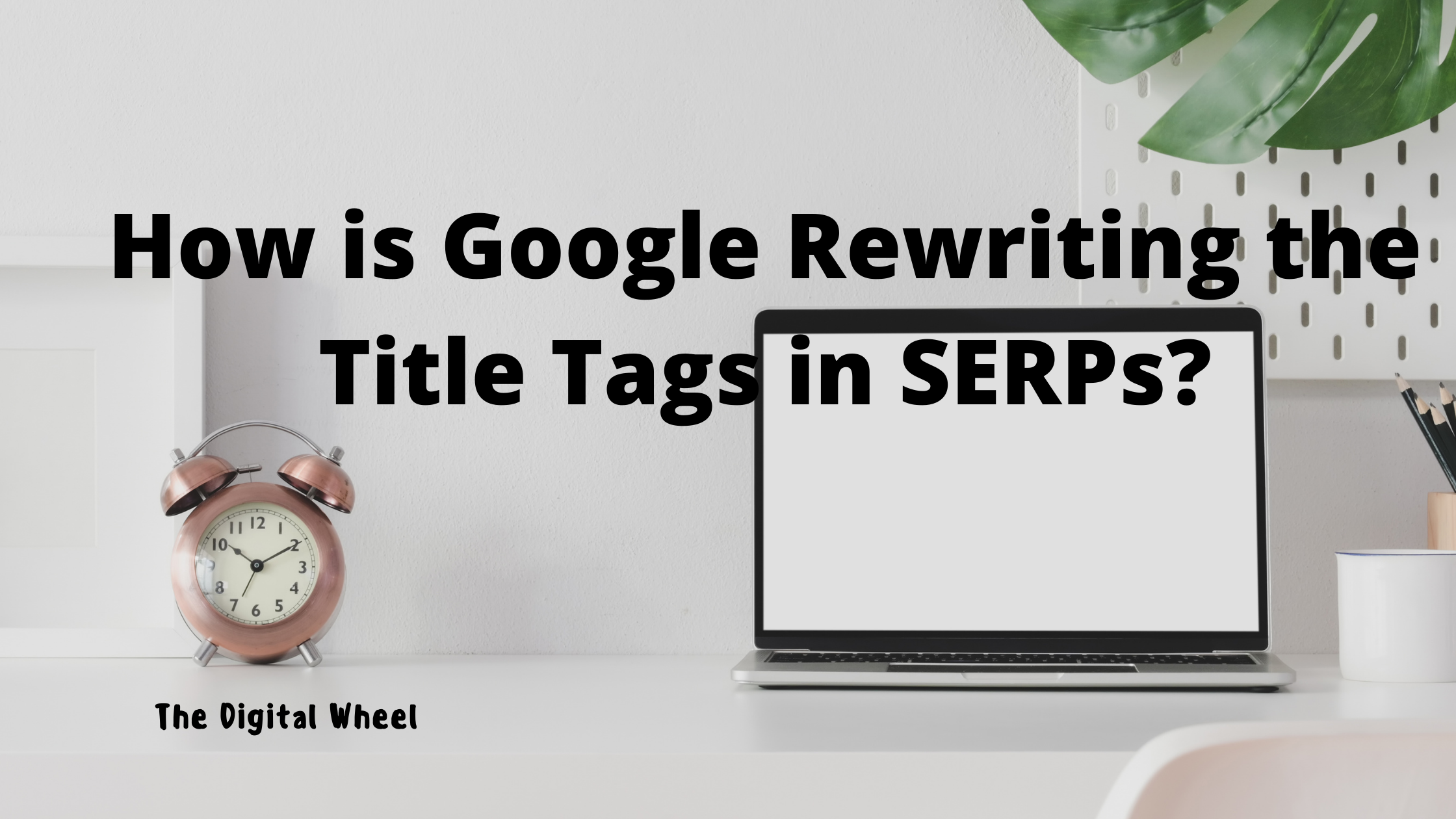Apparently a shock for SEO folks in particular, Google has started to replace the SEO title tags with other content chunks.
Till what extent are SEO title tags rewritten?
However, the behavior is not being implemented for all, but only selected pages in the SERPs. And the scale of rewriting is currently not certain.
It is reported that the search engine modifies title tags by making minor changes like incorporating the business or website name in the end.
Evidently, the search indicates that the majority of the rewrites are done by replacing the text with the page’s H1 tag.
In one instance, Lily Ray informs that she has noted Google replace a page’s title with an anchor text taken from an internal link.

Putting it simply, Google seems to have the freedom to select any random, yet relevant, chunk from the content and put it in the title limelight in the search results.
Speaking of meta descriptions, that’s already the case as Google regularly adjusts the content in search snippets to better align with the user’s search query.
More than one factors involved
Apparently, Google’s algorithms are becoming smarter by the day. According to Brodie Clark, there are more than one factor involved from what we have primarily discussed in this blog.
At times, we can also see Google’s algorithms create their own titles rather than selecting the content from the source code.

Seemingly, Google’s algorithms aim to create better, more relevant titles for the SEPRs on the whole. Let it randomly spinning the wheel of quality content and selecting a text, or creating something new completely out of the blue.
Moreover, Brodie goes on to show us that Google went on to replace the text from the content from another page of a website. Theoretically speaking, there are no limitations onto how and from where the search engine might pull the text from for your next indexed web page.
Second, it can also be noted that the rewritten title is comparatively shorter. Hence, an effort to improve readability and relevance.
Does this impact SEO?
It would be quite hard to draw any concrete conclusion from Google rewriting tags.
Seemingly, Google runs A/B tests in live search results, this indicates there is a chance the trend could go back to default in the near future.
On the other hand, this might be the first step towards a permanent shift in creating SEO title tags. Let suppose we take the latter option to become official, it will be actually a good thing for websites.
While the entire purpose of this exercise is to ensure relevance. In such case, relevant titles are more tempting to grab clicks.
Takeaway!
Although meta titles are an important ranking factor, but the understanding we’re getting from this update is not something to worry about.
Related content: Local SEO for Small Businesses in 2021: A Comprehensive Guide



